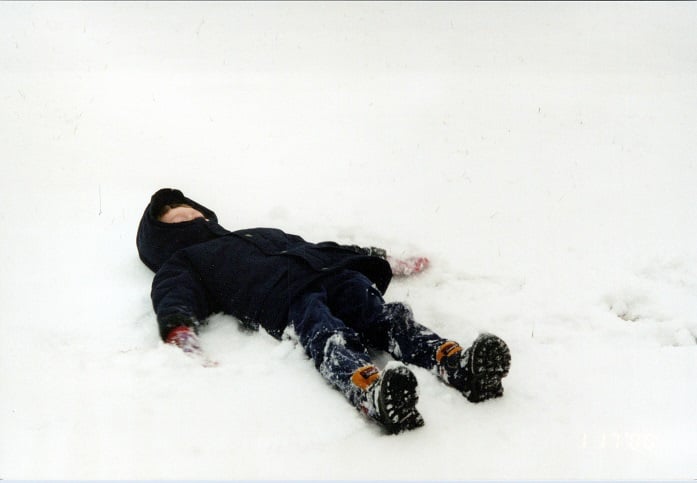Looking at France panicking because 2 weeks after snap election there isn’t a clear majority, nor a coalition ready to propose a prime-minister to the president. What would be the standard time to do these negotiations in a functional democracy where doing coalition is common but doesn’t take years (so US and Belgium do not coun :) )
EDIT : Need not Name
In Malaysia, we use the Westminster system akin to UK(ex-colony, you see), and we do have monarch to oversee these process.
1)After the election, the winning party/coalition will submit their preferred candidate as a Prime Minister(can be multiple, but there’s always never more than 1 being submitted).
2)Then the king will summon each party’s leader within the winning coalition and ask them whether the candidate have the party’s support(usually yes else they won’t work together)
3)Then the announcement by the royal palace, and sworn in ceremony.
The whole process, for the past 14 elections, usually will be around 2 day, day one election + ballot counting + result announcement, day 2 PM sworn in. Usually.
The last election(the 15th) kinda break this tradition. It result in hung parliament, where no one coalition win enough seat to be the majority. It took 6 days for the coalition and party of every side to negotiate for a government, the result is the current leading coalition working with ex-arch enemy and chaotic neutral coalition from two autonomous state, leaving a neo-arch enemy and a far right muslim party to be the opposition.
Look at the political crisis in Bulgaria. (Caused by corruption btw).
In Germany there is no official limit for how long it can take to form a new government. If there is no clear winner and the coalition talks are complicated, it can easily take a month or more. After the election in 2017 it took almost half a year before Merkel was elected as Chancellor and the government was formed. That was uncommonly long though.
For the time between the first sitting of the newly elected parliament (30 days after the election iirc) and the formation of a new government the previous government acts as caretaker government.
The American system is different because of how the executive branch is run, not the quality of elections.
Technically, the Electrical College could not elect a candidate, which would lead to multiple ballots within Congress until a decision is made. However, that only happened once and the Constitution was amended to reduce the odds this would happen.
Surely Belgium holds the record.
deleted by creator
I believe Iraq did worse but it’s not really comparable. That’s why I excluded them from the question
1-2 months, by law after 1 month there has to be parliament meeting that gives majority support to government, if it don’t give support then another party gets to make government, after that another election.
It depends on the situation, usually the coalition potential is known in advance so it is usually quick.
I think it was about a week in the UK when they had to form a coalition and everyone was thoroughly sick of hearing about it by then. Normally it’s next day.
My American colleague is envious of us and the French just getting the election over with instead of spending an entire year campaigning.
Greetings from somewhere in East Africa;
Off-books? Zero days, mate. The president has it all laid out by “deep state” and/or sponsors. The president will (almost) have no say on that. Risking his/her influence on the administration is no Bueno
Officially? A month max.
And yes, “deep state”
wasare “the ones who shall not be named” whowereare present on (almost) every country until Trump screamed them out.And yes, “deep state” was “the ones who shall not be named” who were present on (almost) every country until Trump screamed them out.
What do you mean by this?
i’m guessing that whole paragraph is meant to be antisemitic dogwhistles. if by “deep state”, he doesn’t mean jewish people, he’d do well to speak more plainly.
Obviously Voldemort and his Death Eaters.
The ones behind the curtains, calling all the shots
Ah yes, “them”.








